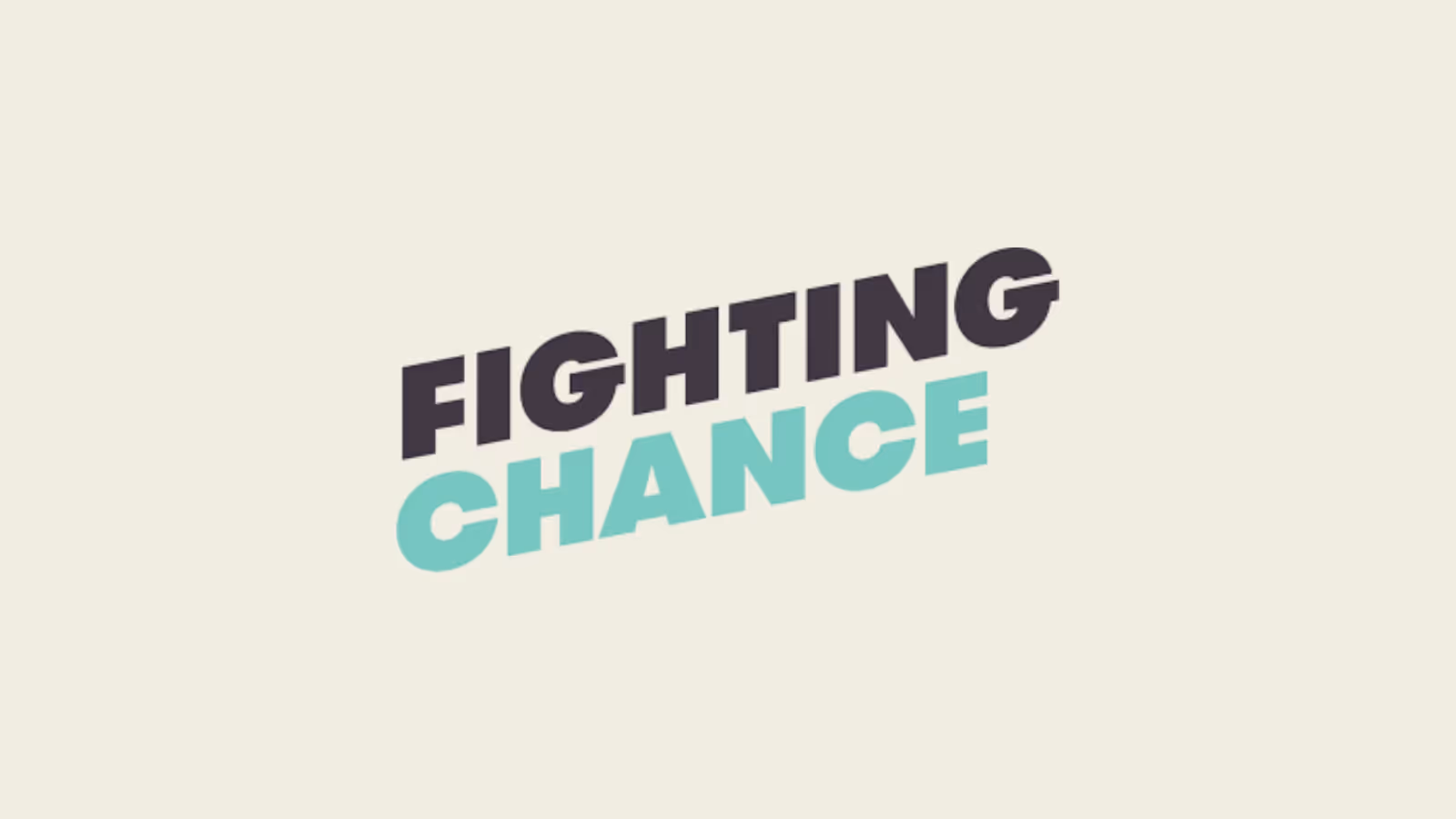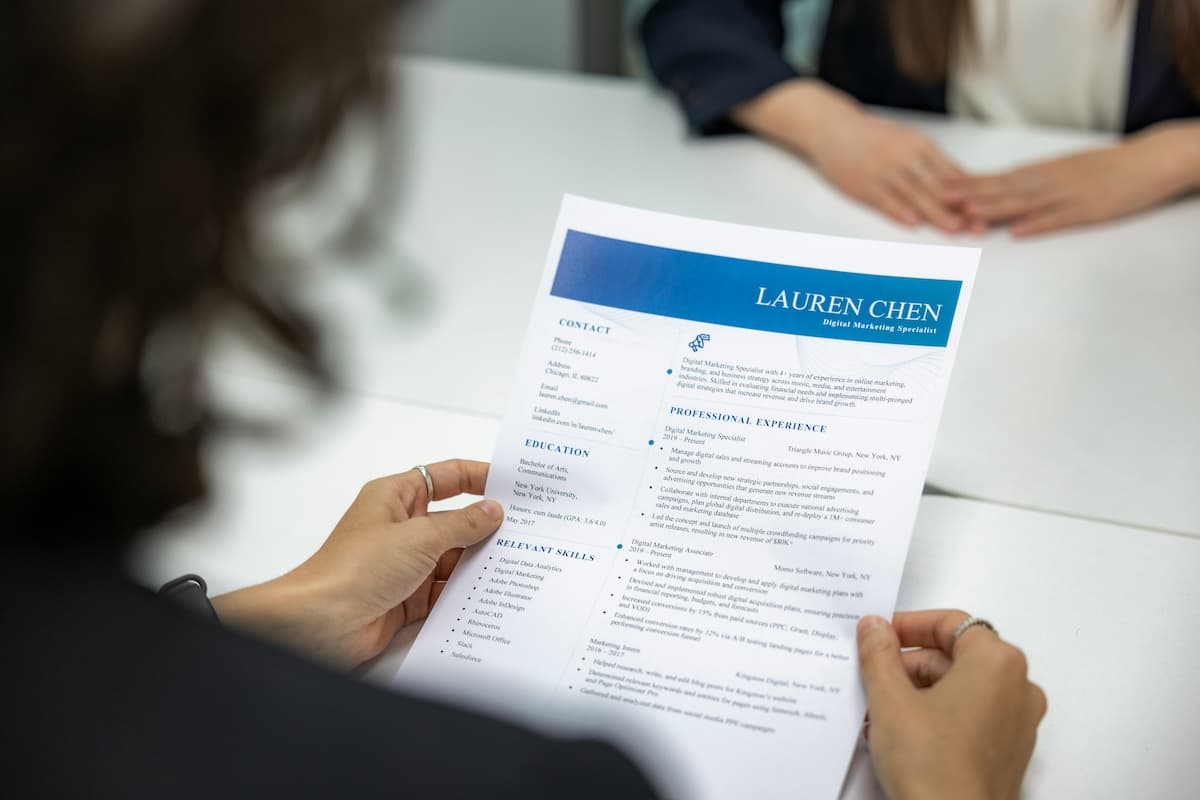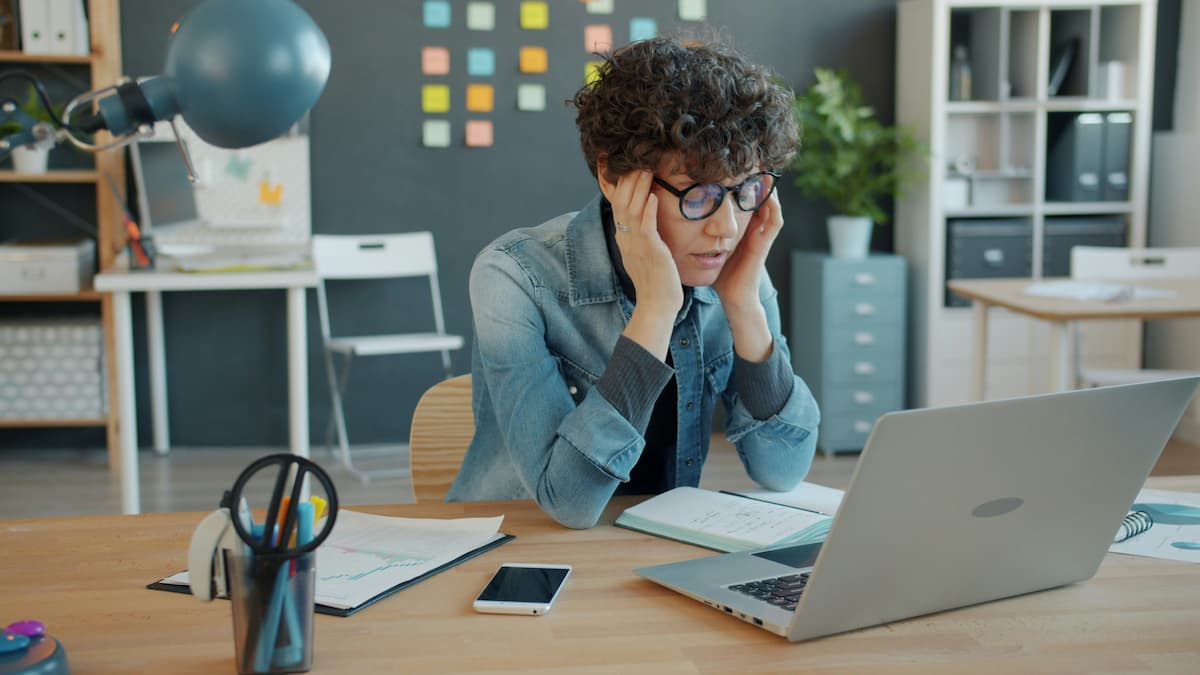Do EAPs Cover Marriage or Couples Counselling?
Find out if your EAP covers marriage and couples counselling for staff wellbeing.

Navigating relationship challenges while balancing work can be tough, and many employees don’t realise their EAP might help. Without knowing, you miss out on valuable support, leading to ongoing stress and unresolved issues.
Understanding the scope of EAP services, including couples counselling, can provide a much-needed resource for you and your partner. By leveraging this often underutilised benefit, you can access confidential, professional counselling to address relationship challenges and lay the groundwork for long-term solutions.
Couples Counselling & EAPs
Accessing employee counselling is a cornerstone of EAP services, typically encompassing individual, short-term, solution-focused counselling aimed at addressing immediate concerns. Most EAPs cover a limited number of free sessions per year, after which they may refer employees to external counsellors for continued support.
EAPs also offer a broad range of other services designed to support employees in managing personal and work-related challenges that may impact their relationship. For couples, this may include support for communication issues, conflict resolution, stress management, and navigating life transitions.
How EAPs Support Employees and Their Families
EAPs are designed to support not just employees but also their immediate family members. This holistic approach recognises that personal issues can impact work performance and vice versa. By offering services like couples counselling, EAPs help employees address relationship challenges that might affect their focus and productivity at work.
Accessing EAP services is confidential, ensuring that employees and their families can seek help without concerns about privacy. Additionally, EAPs often provide educational resources and workshops to promote mental health and well-being, further supporting employees and their families in achieving positive wellbeing.
How EAP Couples Counselling Works
Process for Accessing Couples counselling through an EAP
To access couples counselling through an EAP, employees typically start by contacting their EAP provider directly via phone or online. This process is straightforward, ensuring employees can quickly get the help they need without jumping through numerous hoops.
Confidentiality and Voluntary Participation
EAP services are both confidential and voluntary. The details of the counselling sessions are kept private, and neither the employer nor the HR department will have access to the specifics of the discussions. Employees must choose to engage with the EAP services on their own, as help-seeking is a personal choice.
Number of Sessions Typically Covered
EAPs generally offer a limited number of free counselling sessions per issue per year. This typically ranges from three to six sessions, though it can vary depending on the specific EAP plan. These sessions aim to provide short-term support and immediate relief, with the possibility of referring the couple to long-term counselling if needed.
Issues Addressed by EAP Couples counselling
EAP couples counselling can address a variety of issues, including but not limited to:
- Communication Issues: Helping couples improve their ability to listen and speak effectively with each other.
- Conflict Management: Providing strategies to handle disagreements constructively.
- Work-Life Balance: Assisting couples in managing the demands of work and home life, reducing stress and improving overall relationship satisfaction.
- Relationship Concerns: Addressing specific problems such as trust issues, intimacy concerns, and navigating significant life changes.
- Substance Misuse and Addiction: Offering support and strategies to manage and overcome substance-related issues affecting the relationship.
These services are designed to offer practical, solution-focused support to help couples navigate and resolve their challenges efficiently.
Transitioning from EAP to Traditional Couples Therapy
EAP as a Starting Point for Couples Counselling
EAPs serve as an accessible and initial resource for couples facing relationship challenges. They provide a convenient entry point where couples can receive immediate support and guidance to address pressing issues affecting their relationship dynamics.
Process for Getting Referrals from EAP to Traditional Therapy
When couples require more specialised or long-term therapy beyond what EAPs offer, they can transition to traditional couples therapy through two main routes:
EAP Clinician Referral
After assessing the couple’s needs and progress during EAP counselling sessions, the EAP counsellor may recommend transitioning to a specialised therapist outside the EAP network. This referral ensures that couples continue receiving focused, in-depth support tailored to their specific relationship concerns.
Self-Referral
Alternatively, couples may opt for a self-referral process if they wish to continue working with their EAP clinician in a more traditional therapy setting. This decision is often based on the rapport and trust established with the EAP clinician, who then facilitates the transition to ongoing therapy sessions.
This transition allows couples to delve deeper into underlying issues, such as trust issues, trauma, or long-standing relationship patterns, which may require more extensive exploration and therapeutic intervention beyond the scope of EAP services.
Variability Among Different EAP Providers and Plans
The availability and scope of couples counselling services can vary significantly among different EAP providers and plans. Some EAPs may offer comprehensive couples counselling with multiple sessions, while others may only provide a limited number of sessions or exclude couples counselling altogether.
The variability is often due to the agreement between the organisation and the EAP provider, so check with your HR team for more information.
Understanding the specifics of what is included can help employees make the most of their benefits and ensure they receive the appropriate support for their relationship needs. Additionally, knowing the limits of EAP coverage can help employees plan for any out-of-pocket expenses or referrals to external therapists if longer-term or more specialised counselling is needed.
Related Links

Hello 👋 I’m Joel the founder of Foremind.
Are you ready for simplified support & compliance?
Latest insights
Answers to the frequently asked questions.
Email us at enquiries@foremind.com.au and we'll get back to you quickly with a response
Yes, we have culturally competent counsellors available, including those able to work with first nation and CALD employees.
Onshore on secure AWS Servers in Sydney Australia. All data is encrypted in transit and at rest and our entire team is located in Australia.
Employees can access our platform on any device (mobile, laptop, desktop, etc.) as long you have the website link - no need to download any app on devices. You wouldn’t need to enrol any of your staff individually.- When we do our onboarding, we ask for the first name, last name and email of all your employees, and send out an email invite to all them which will allow them to create their own individual account to access the platform. For new staff we can also invite them or provide you with a unique link to embed in your onboarding process, whichever is more convenient for you. We also kick things off with a launch webinar or video to make sure everyone is aware of Foremind and how to use it. We’ll also provide you with any collateral such as posters, QR codes, brochures etc. to help drive awareness and encourage people to create an account in the platform.
The support line is answered by our reception service 24/7. It is for urgent platform or session-related issues only (e.g. *“My counsellor didn’t show”*) or helping staff create an account.






